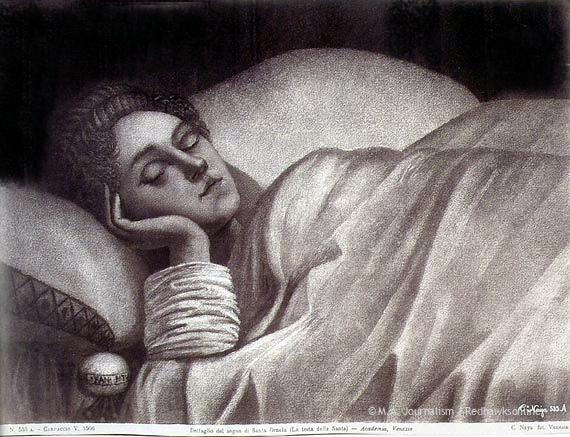Undervalued by many teens, sleep holds the key to better performance
Getting roughly 8 to 10 hours of sleep a night is difficult for most student-athletes to accomplish, especially while trying to balance other things like homework, a sustainable social life, and a healthy schedule.
Christine Paton, an upper school counselor and the manager of counseling services, talked about sleep’s actual effects on the body.
“I think science shows us that sleep regenerates ourselves in our brain and our body and helps our brain or be really healthy and functioning,” said Paton. “I think when you’re an athlete, you’re tapping out all of your resources. Your muscles, your cardiovascular system, so you really need the rest to rejuvenate, not just your physical body, but as well as your brain which impacts your mental health.”
Teens need on average 9.25 hours of sleep a night, and adolescents that don’t get enough sleep at night have worse athletic performance, according to a study from the Bradley Hasbro Children’s Research Center in 2005.
“Young people live in nearly a constant state of chronic insufficient sleep,” Mary Carskadon, a lead researcher and professor of Psychiatry and Human Behavior at Brown Medical School in Providence, RI, said in the study. “Adolescents who don’t get enough sleep on a regular basis are extremely impaired in the morning.”
Lack of sleep can also affect mental health,
“Mental health issues correlate quite highly with lack of sleep,” said Paton. “Your ability to focus, or your ability to regulate your emotions which impacts an athlete, because on the field, or court, your emotions can get the best of you.”
Paton added,
“I think when you’re running low on sleep, and sometimes that can bring even more anxiety can actually exacerbate depression and anxiety because you’re actually feeling low and then now you’re tired and, then it’s a domino effect.” Paton said, “For me personally, I tend to drink too much coffee and then I also tend to not eat the healthiest because I’m just trying to get some energy.”
According to Science Daily, Reut Gruber, a clinical child psychologist who led a study that looked at the impact of sleep quality on report-card grades in specific subjects in Montreal with other scientists, concluded: “We believe that executive functions (the mental skills involved in planning, paying attention, and multitasking, for example) underlie the impact of sleep on academic performance, and these skills are more critical in math and languages than in other subjects.”
Paton talked about naps as well, mentioning how a guest speaker, who was a sleep doctor came into Minnehaha and talked about sleep, and how they can really mess with the sleep schedule,
“He talked about how naps are really bad because what happens is you’re building up your sleep pressure all day, and so that at night, your body is ready to shut down,” she said. “But when you take a nap, you reset your sleep pressure.”
Another article from Science Daily explained that “sleep efficiency” positively impacts students: “Sleep efficiency is a gauge of sleep quality that compares the amount of actual sleep time with the total time spent in bed.”
Paton said that with more energy and sleep, she’s more energized.
“I’m happier,” she said, but “if I get a bad night’s sleep, or little sleep, I am sometimes dragging.”
So sleep issues aren’t just for the busiest of people, everyone can have trouble keeping a consistent and healthy sleep schedule. The most important thing is balance, just trying to keep everything equal that way you’re able to perform at your highest potential.

